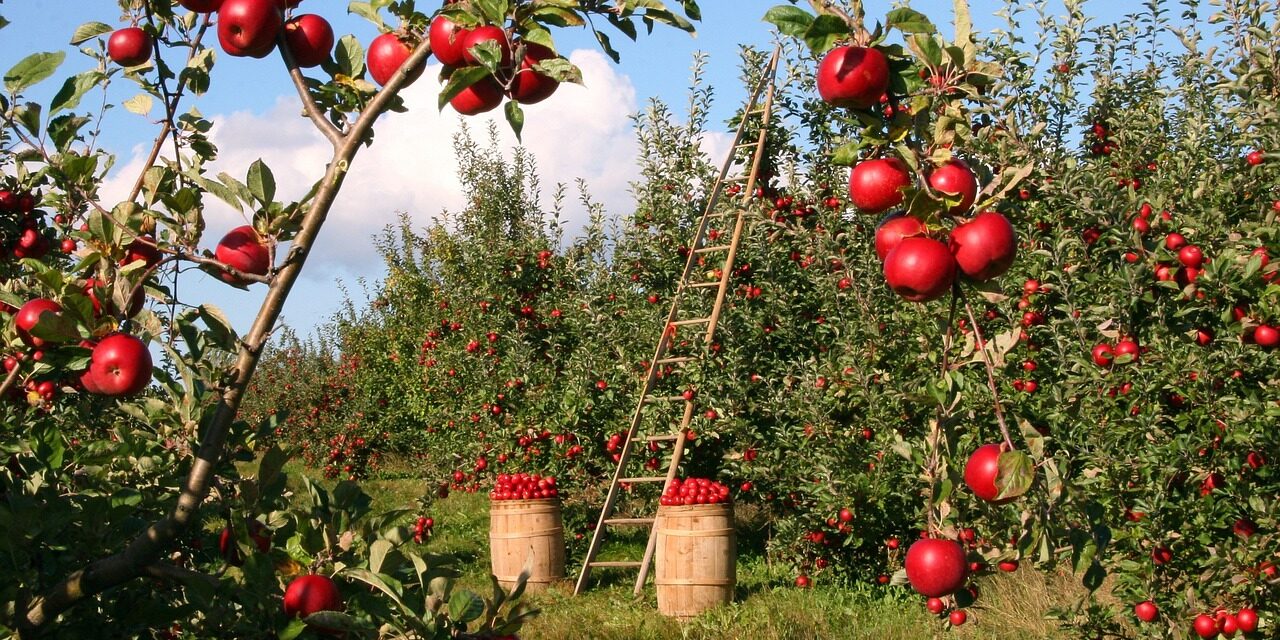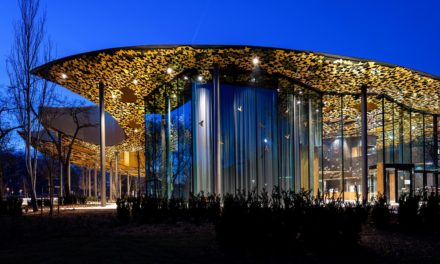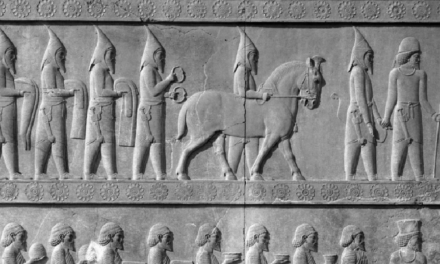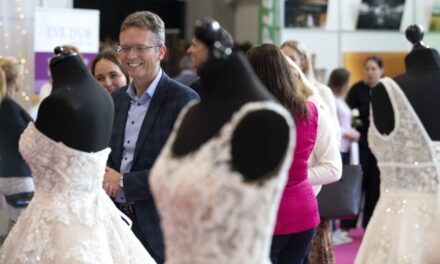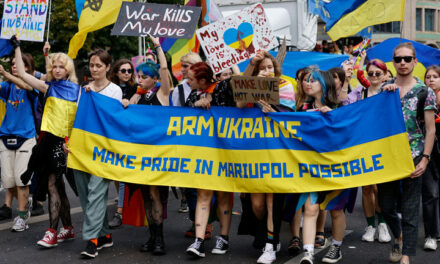The Blue Zone Project is launched in Hungary.
A few years ago, the discovery of the big dust-stirring blue zones started millions on the path to a healthier and longer life. Now the great project is starting in our country as well.
An inspiring initiative, the Blue Zone Project, begins in December, which researches the secrets of a long, healthy life and helps create a health-conscious community in Hungary. Emese Turcsán, the owner of the Einstein Academy and the originator of the project, implements this initiative together with experts and companies committed to a healthy lifestyle, community building and sustainability, which can give a new direction to domestic health development.
What is the Blue Zone?
The "blue zones" are special places in the world such as Okinawa (Japan), Sardinia (Italy) and Loma Linda (California), Ikaria (Greece), Nicoya Peninsula (Costa Rica) and Singapore, where people have extremely long and they live a healthy life. These communities often live happily and actively for over a hundred years, and according to research, there are common principles in their lifestyle: healthy eating, regular exercise, close community relations and stress management. The goal of the Blue Zone Project is to establish these lifestyle habits and values in Hungary as well, by creating a community where all age groups can work together for a healthier future.
***
SokštátVidék talked to Emese Turcsán, the owner of the Einstein Academy and the project's mastermind, about the Hungarian Blue Zone Project initiative
According to longevity researcher Dan Buettner, people in blue zones live an average of eight years longer than Americans. We know the basics, such as the importance of food or movement, but according to Buettner, people in these places do not live long because they strive for health, but because this is a consequence of their lifestyle, i.e. they live well. In this regard, he also said that we need three important things if we want to implement methods that support a long, healthy life: for authentic information, practical advice and an environment that makes healthy choices easy, or better yet, inevitable. Can we say that you were also built on these foundations?
Yes, we consider the professional background very important, which is why the project team included doctors, psychologists, nutritionists, coaches, and rural development specialists to help the community with all the necessary knowledge and tools on the way to health preservation. Celebrities known as ambassadors of the program are involved, who support lifestyle change as role models, credible sources and active participants.
What are the first steps?
In the first phase of the project, entrance screenings will begin in two settlements in order to assess the current physical and mental condition of the residents. After that, blue zone habits are introduced: healthy eating, regular exercise and stress management techniques, with a year of education and community programs. After one year, we will examine the changes with output measurements to see what effect the blue zone habits had on the community's quality of life. Such a settlement will be e.g. Noszvaj, where the residents and the village management welcomed the project with incredible openness, also thanks to the fact that Barbara Balogh, one of the owners of Nomád Hotel & Glamping, is actively involved in the preparations.
Unlike typical models, a successful project, be it the domestic blue zone, must strive for a creative partnership in addition to committed leadership, that is, a collective impact framework must be created in which partners, resources and participants are aligned to a common vision. As they say, a good community grows around a shared vision. The vision is good, even to be followed, the "construction" can begin.
Indeed. That is why we strive to have local businesses and internationally known companies support the initiative in the Blue Zone Project. The first to join was the Nomád Hotel & Glamping in Noszvaj, which, with its own vegetable garden, food made from local ingredients and close to nature, is a perfect example of what a blue zone location is like here.
Researchers examined and compared diet, lifestyle habits, environment, and social relationships with those living elsewhere. What they found, and what is of particular importance in the blue zones, is the power of community. How much of a priority is this in your projects?
The Blue Zone Project places particular emphasis on community experiences. During the project, monthly tours, community cooking, and lifestyle and educational workshops are organized, where everyone can gain direct experience and knowledge. Additional events will include local press conferences and national Blue Zone conferences, where sponsors and supporters can appear.
What age group are you thinking of?
The Blue Zone Project is for everyone, from the young generation to the elderly. According to the original plan, the project would have mainly targeted people over 40, but according to the latest research, diseases that used to occur in older people, such as stomach cancer, are becoming more common among people in their twenties and thirties. That is why we decided to offer programs for all generations, so that everyone can start the path to a healthy lifestyle at a young age.
The Blue Zone Project is not just another health campaign, but a long-term commitment to a healthy lifestyle. What is the long-term goal?
The goal is to build a community that supports individual lifestyle changes while keeping community values and sustainability in mind. Participants not only learn new habits, but also strengthen them with the help of the community, thereby ensuring a longer, healthier and happier life for everyone.
The project is constantly looking for cooperation partners from the following areas:
• Accommodations and restaurants that work with raw materials purchased from local producers or from organic farms and approach hospitality with a sustainable approach.
• Travel agencies that organize organized blue zone trips to authentic locations such as Sardinia or Ikaria to give participants a closer look at the local culture and lifestyle.
• Health centers and private clinics that support health maintenance with screening tests, early detection and individual lifestyle changes.
Featured Image: Pixabay

